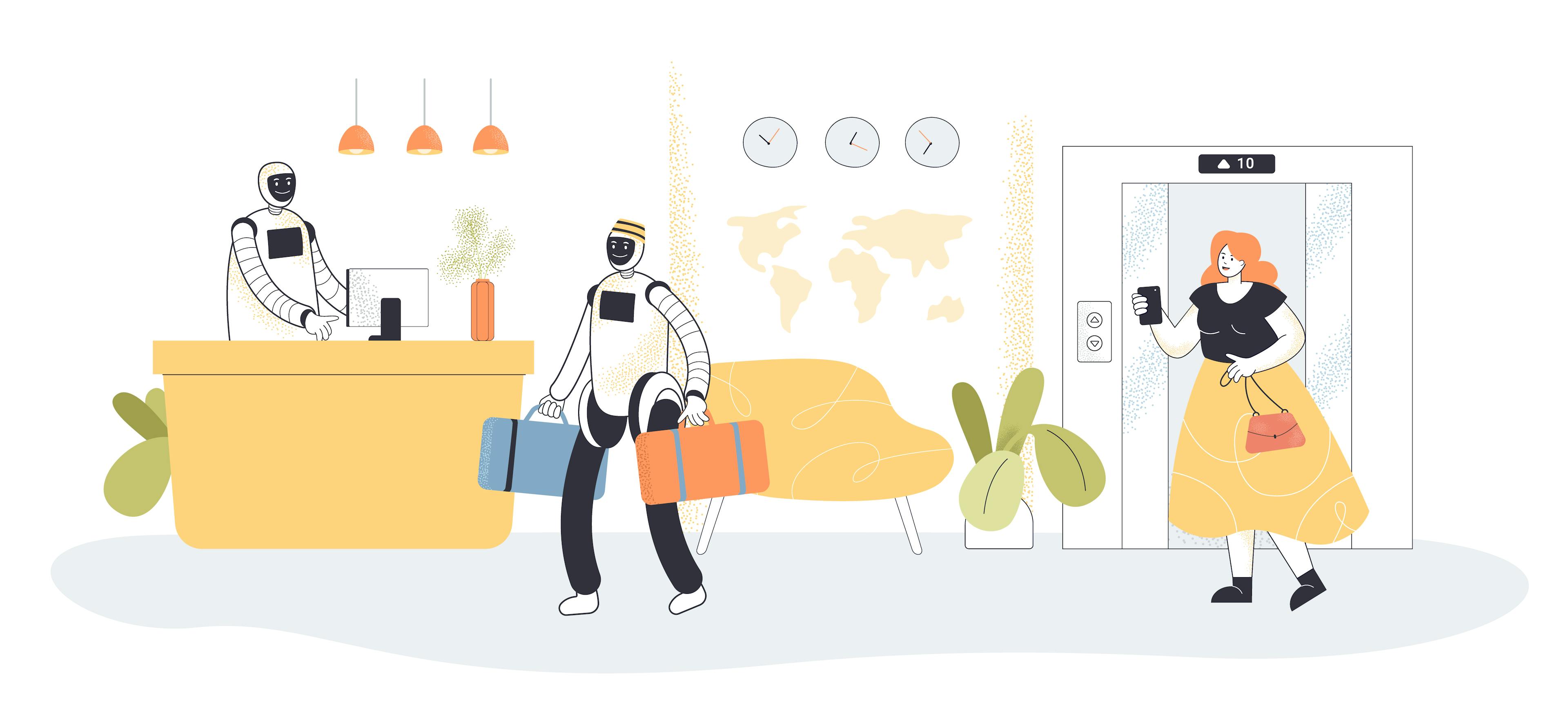Image source: Freepik
If you run a business in the hospitality industry, you probably went through some of these stages:
- hiring new staff members
- spending countless hours on training
- correcting all of their mistakes
- organizing additional training
- dealing with angry customers because they are not satisfied with your staff members
- firing people
- hiring new staff members
This cycle can go on and on forever. What if there was another way?
The answer is a conversational AI hospitality solution. AI powered voice agents assist your guests with bookings, rent-a-car information, room service, payments and many more.
With AI technology, you can reduce the number of your staff and allocate the money to other departments. At the same time, you can relax knowing that your guests are getting top-quality service.
You may be wondering how is this possible? In this article, we will go over 7 major conversational AI hospitality trends that can completely change the way you operate.
Keep reading to learn more!
What is conversational AI in hospitality?

Image source: Freepik
A conversational AI platform is like having a virtual assistant. It is a voice and text-based communication technology coupled with speech pattern recognition powered by AI and ML. Machines and software can now interact with people in a human-like manner.
To know how conversational AI creates value, one needs to know the basics of its functionality. In a nutshell, the technology includes two underlying technologies.
1. Natural Language Processing (NLP)
NLP is required to build AI-powered applications that recognize speech and provide human-like interactions. NLP interprets human speech, including grammar, style, spelling, and context.
This enables voice agents to break down speech into smaller segments, like sentences and words, and ensure the software can recognize it more easily. The next phase of NLP is Natural Language Understanding (NLU). It provides a machine understanding of the context behind the speech.
2. Automatic Semantic Understanding (ASU)
To improve the effectiveness of NLP, experts created ASU. It works toe-to-toe with Deep Learning models to increase the chances of a machine correctly interpreting what human agents are saying.
At this point, NLP coupled with ASU allows processing not only input but output as well. To illustrate, a conversational AI banking platform can understand human requests, for instance, a user calling on the phone wanting to check a bank account balance and provide the information itself - namely, the numbers representing the balance.
3. Conversational AI iterations
Furthermore, when it comes to conversational AI comes in different shapes and sizes. These platforms have different degrees of sophistication and can perform tasks of varying complexity. There are the following conversational AI iterations:
- FAQ bots.
- Virtual Personal Assistants (VPAs).
- Virtual Customer Assistants (VCAs).
- Virtual Employee Assistants (VEAs).
Correspondingly, FAQ bots offer the most specific services. A user just types in some command, and the conversational AI platform offers a response from its database. In turn, VPAs, VCAs, and VEAs are much more complex. Nevertheless, these can provide a human-like interaction and help streamline the company's operations.
When considering sophisticated conversational AI technologies, think of Amazon Alexa, Google Assistant, Apple's Siri, and Microsoft's Cortana. As a result, knowing enough about the technology, it is time to dive deeper into its trends within the hospitality business.
7 major conversational AI hospitality trends
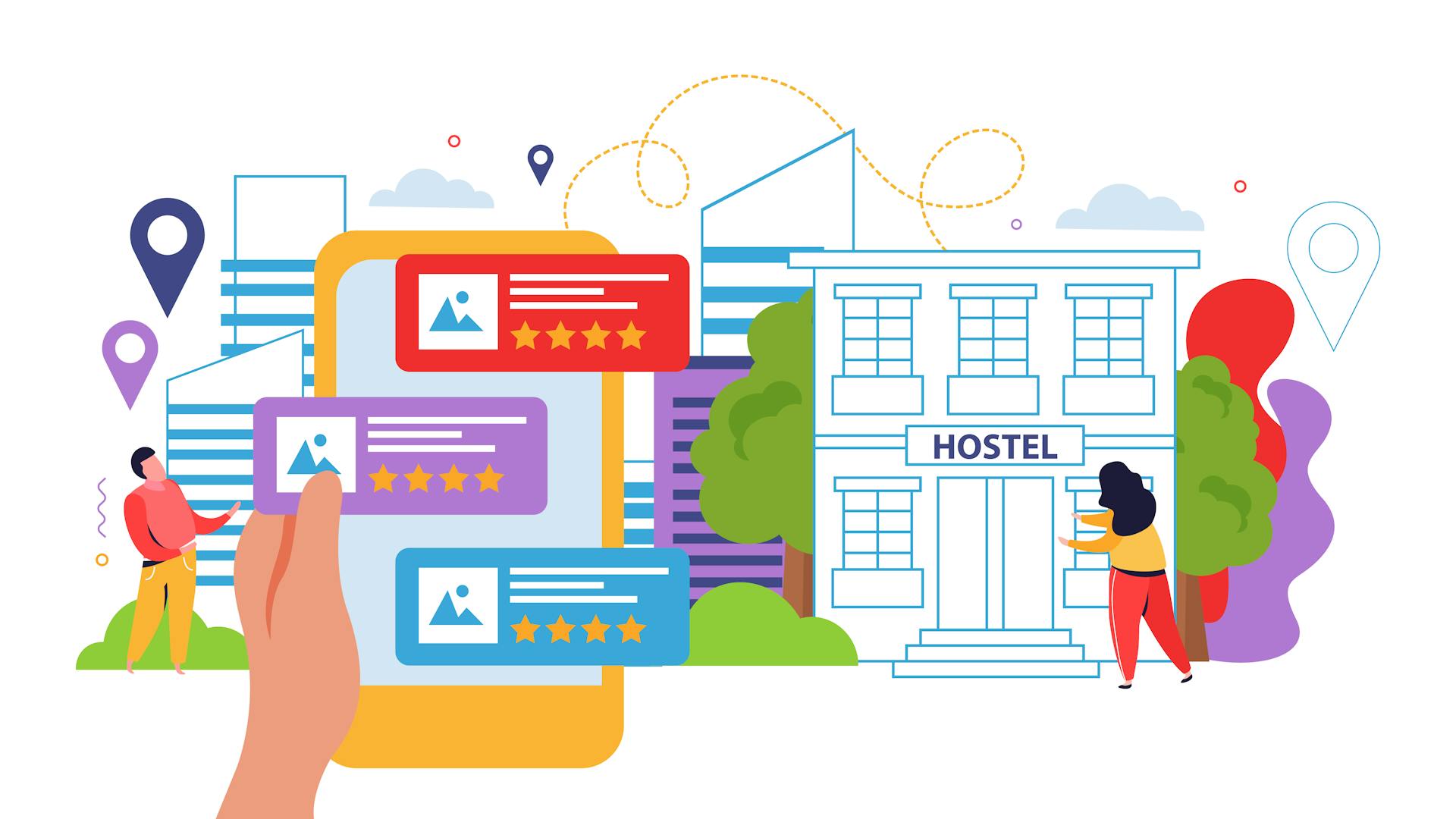
The hospitality industry is all about improving the experience for guests.
How long do people have to wait for room service? How easily can guests reserve accommodation? Can they quickly find a good place to eat out?
Usually, guests would depend on a human agent being involved in almost all business operations. In other words, to get room service, they’d need to dial the phone, wait for a receptionist to answer and explain what they need.
This was true until AI came to the scene.
The Entrepreneur indicates an increasing number of hotels, restaurants, and travel agencies rely on AI and virtual assistants. Now, you can allow your clients to talk to a voice agent and get everything they need. The best part is that the conversation can be so natural, that people may not even need your staff’s assistance.
Over time, this led to some major trends within the industry. Let's take a look at some of the key ones.
Trend #1. Top-notch guest experience
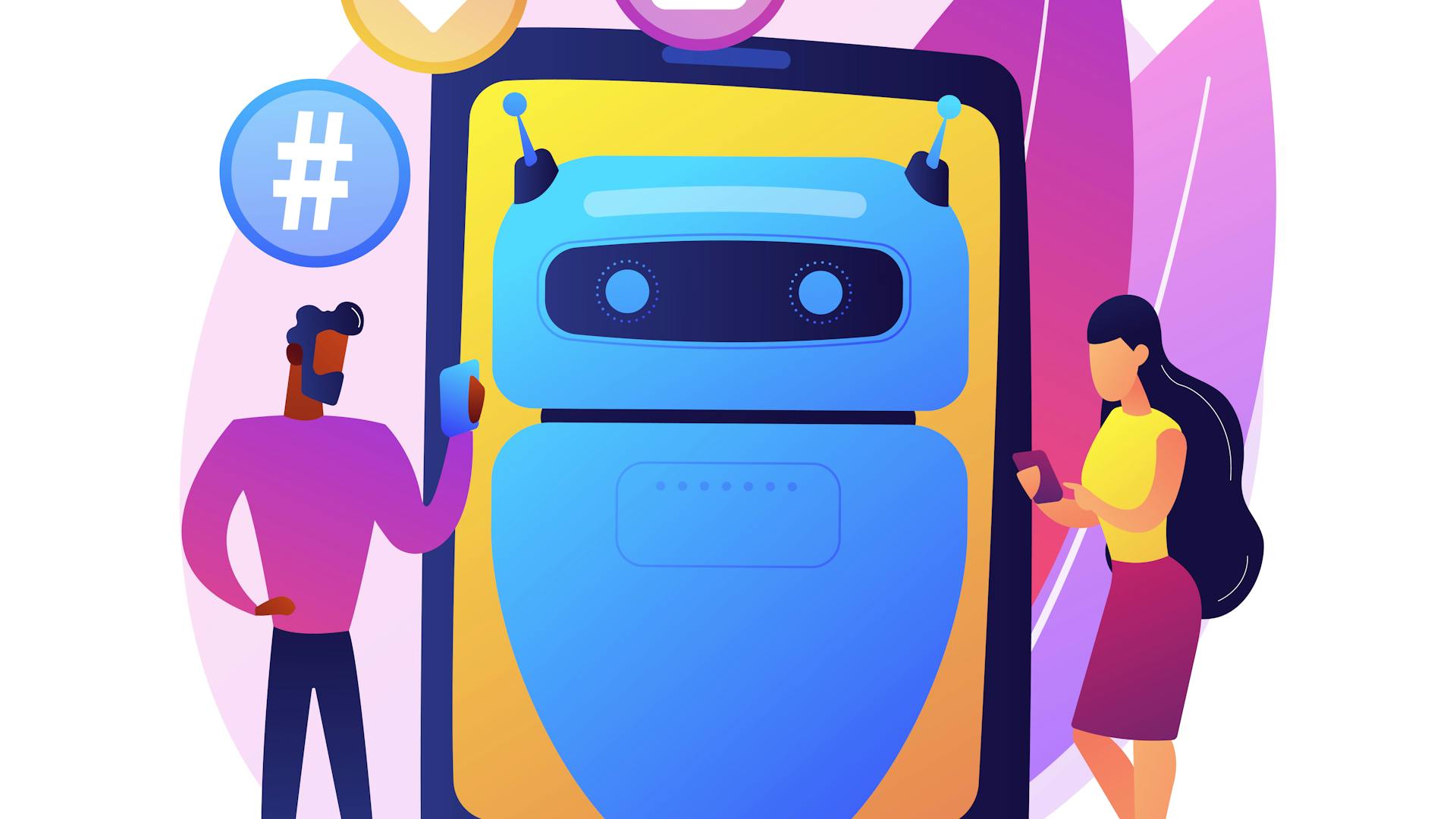
Image source: Freepik
Forbes suggests AI completely changing guest experience in the hospitality industry. Conversational AI offers plenty of solutions for making guests feel like they are taken care of 24/7. For example, hotel AI-powered chatbots can answer immediate questions from the get-go.
Let’s say people want to ask if the pool is open right now or if the hotel has a gym. Now, the software can instantly give them all the information they need. In case the machine cannot handle an inquiry, a human agent is automatically connected to the call.
In short, it means you can have fewer human agents on the payroll while offering a better degree of the guest experience. The more sophisticated conversational AI voice agents become, the more human-like interaction they can provide guests around the clock.
Trend #2. Preserving Time and Finances
Image source: Freepik
To run a hotel or a restaurant, you need to consider many variables - customer safety, service quality, support department, and many more. Handing all these factors on a high level costs a lot, even if you outsource certain tasks. For instance, outsourcing customer service is estimated to cost around $3400 per agent per month.
However, AI solutions allow you to save money, so you can invest it to boost the quality of other services. For instance, if you can substitute human agents for virtual agents, you will drastically reduce expenditure on customer support.
Then, you can take the money you saved and hire better chefs to expand your restaurant menu, for example. This simple formula will give you an edge in the competition.
Trend #3. Improving guest engagement with omnichannel support

Image source: Freepik
Forbes indicates that prioritizing customer engagement is the key to success in the hospitality industry. Conversational AI is the tool that can do that. It can be integrated across different channels covering many guest touchpoints.
For instance, imagine you have an AI-powered voice bot at your hotel. You set it up and test it. Everything works great. This tool is capable of covering different channels.
It means people can interact with a voice bot through a messenger, a browser, or a telephone. The more channels you offer to clients, the faster services they receive. Some people like texting, while others like calling. With a voice bot, you'll meet everyone's preferences.
You can also be proactive and reach out to clients on your own. Let’s say you have an exclusive event at your hotel, or you are hosting a world-renowned chef. You can rely on voice bots to notify your guests about the events and invite them to join. Some of them will start asking for more information which helps you engage clients even more.
Trend #4. Advanced request management

Image source: Freepik
According to Capterra, guest request management is one of the most overlooked hotel management technologies.
Consider this - you are almost at the end of your vacation. You need to catch a plane at midnight. So, you check out from the hotel and go to the airport. As soon as you arrive, you find out the flight is canceled. So, you need to call a hotel at midnight and book a room to stay one more night. You look around and see all the people from the canceled flight doing the same.
At this point, there is a high chance most people will try to book the same hotels. It means that the one reaching the receptionist first will be lucky to get the best accommodation. Another possibility is that you book a room online at the same time as another person books via the phone. So, who gets the room?
Trend #5. Personalized client notifications

Image source: Freepik
Are you reading this on your smartphone? If so, chances are you’ll be getting at least one notification by the time you finish. In fact, on average, a smartphone user gets around 45 push notifications daily.
Now imagine if your hospitality business was among those notifications?
For instance, an AI-powered voice agent can send people messages on occupancy rates and discounts. The technology uses historical data to offer highly personalized services and target people who would enjoy your services. Plus, you can reach some of your loyal customers and offer them better deals.
Think from the guest’s perspective. Imagine that each year you go on a vacation to your favorite spot. You often use the same hotel. The conversational AI platform remembers your preferences and lets you know when is the best time to book accommodation. If you have a limited budget, this can be a major money-saving strategy. As a result, you’ll want to come back to the same place year after year.
Trend #6. Personal travel guide
Image source: Freepik
When you come to a new place, how often do you use Google Maps or TripAdvisor to find the best locations in the area?
Now imagine hosting people from all over the world who know nothing about your city. You could leave them to Google things, or you can provide a solution of your own.
With conversational AI, instead of Googling the necessary information, chatbots and voice agents can send your guests tips and advice on the locations you can visit, eat at, or stay in. You can now have a personal travel assistant connected to your smartphone.
In general, people can have a personalized travel guide in their pockets. Most sophisticated virtual agents even offer minute-to-minute public transportation schedules and notify them of happy hours in restaurants and bars. They can have travel-related questions answered and online reservations completed in just a few taps.
Trend #7. Next-generation analytics

Image source: Freepik
Both Artificial Intelligence and Machine Learning do magic by collecting and analyzing data. More specifically, AI can generate insights 1000 times faster than a human. For the hospitality industry, it appears to be a treasure trove.
For example, with AI-based tools, you can get as much guest feedback as ever. You can create all kinds of surveys, polls and rating options to inspire people to share their impressions.
Plus, all the requests guests make are tracked, stored, and analyzed. The software examines everything - the nature of requests, the average response time, the number of requests, and many other factors. Later, it creates reports and analytics that hospitality businesses use to improve their decision-making.
A robust conversational AI hospitality platform learns from these requests to improve and boost the guest experience.
What are the benefits of omnichannel conversational AI in the hospitality business?
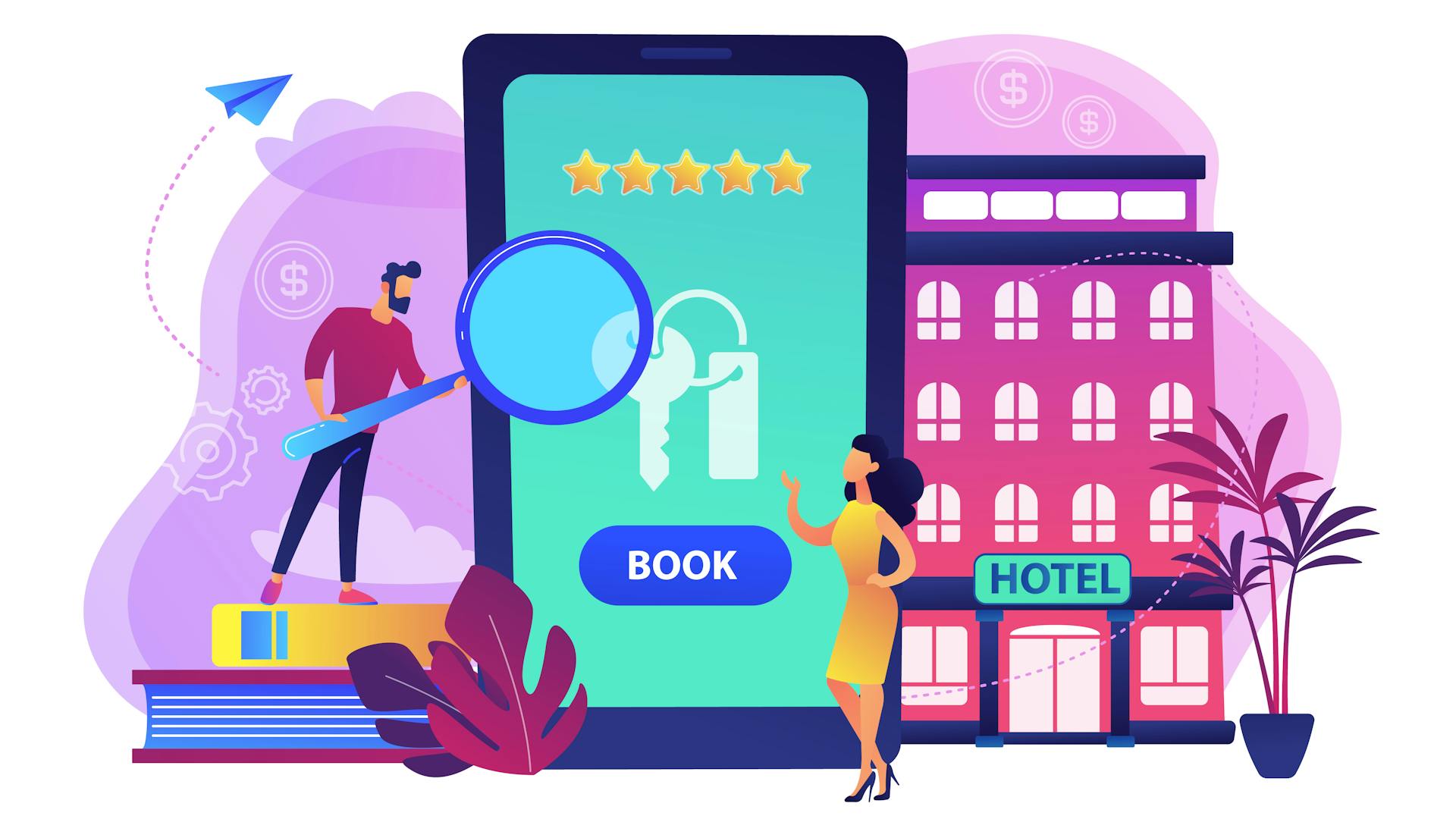
Image source: Freepik
Omnichannel conversational AI comes with many advantages. For example, technologies like Interactive Voice Response (IVR) can take call response time to another level. Yet, what more can such tools offer?
Better customer satisfaction with less staff pressure

Image source: Freepik
Conversational AI chatbots automatically respond to repetitive requests. In such a realm, the time of the response is the greatest commodity. Respectively, machines handle most of the simplest requests and connect human agents only to the most detailed inquiries. This reduces staff fatigue and boosts customer satisfaction.
A higher number of bookings
Image source: Freepik
Virtual agents increase the sales funnel and boost the number of direct bookings. The tool offers previous and new customers personalized offers, thus making people more willing to stick to your hotel, restaurant, or travel agency. As a client, you can get notifications suggesting the best deals, which positively affect booking rates.
Communication in various languages
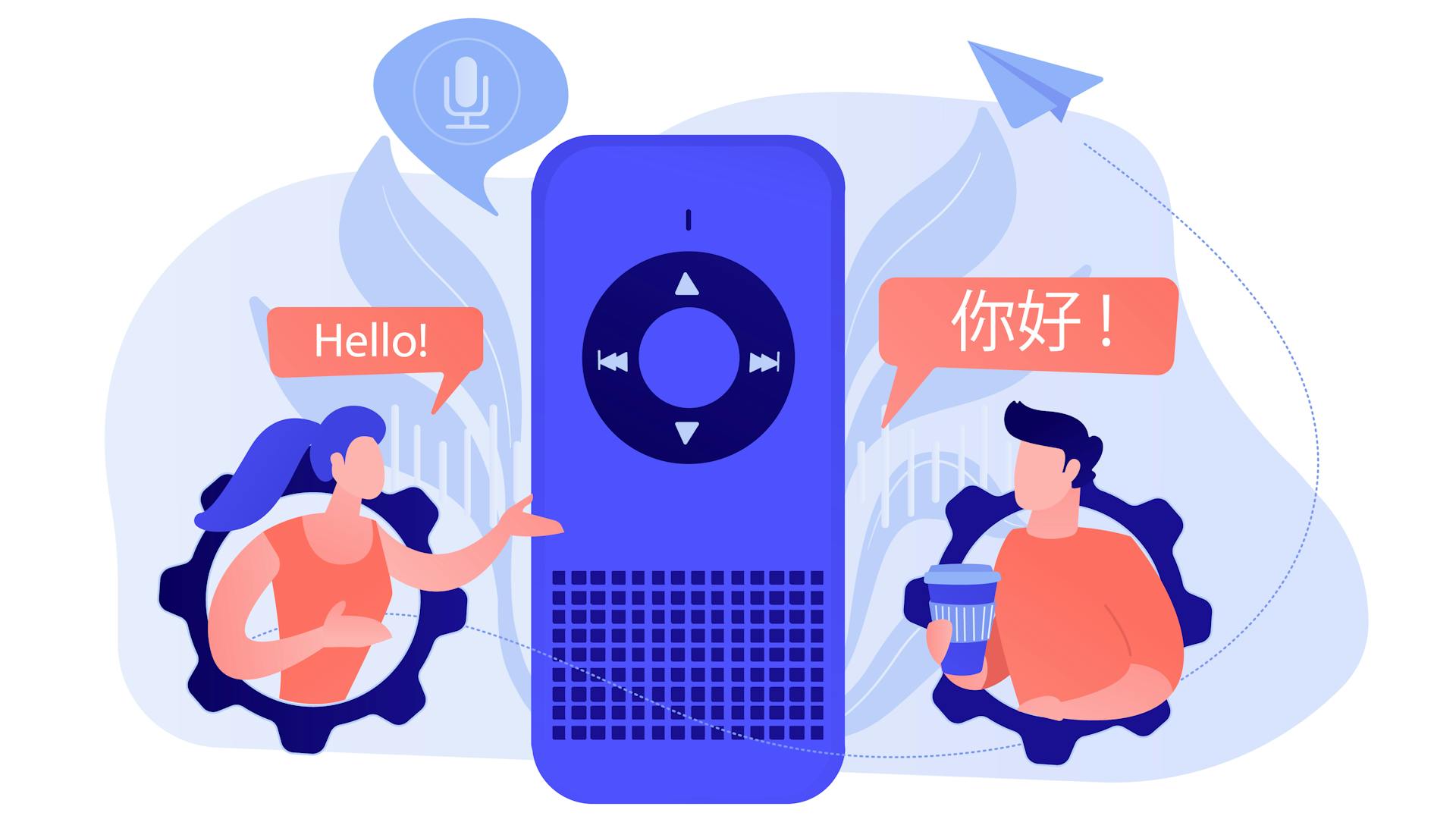
Image source: Freepik
AI-based voice agents operate in multiple languages. You don't need to look for a customer support representative speaking French or German. You just get the virtual agent coming with a multilingual service package. As a result, the more languages you can cover, the greater your client pool will be.
Most positive customer service experience

Image source: Freepik
In a nutshell, hospitality is all about a positive customer service experience. Most sophisticated voice agents can offer hyper-personalized assistance. What is more, they work for people who are used to traditional means of communication and today's digital-savvy guests.
Of course, the best thing is communicating with virtual agents, and people often cannot recognize they are speaking to a machine. With AI-powered conversational AI, you get human-like interaction for a fraction of the price.
How can you set up a voice agent with vTalk.ai?

Image source: Freepik
Now, you know all about conversational AI hospitality, its major trends, and its benefits. The question remains - how can you tap into all of that? It is time to meet the company bound to help you with that - vTalk.ai.
Hospitality and Travel Voice AI from vTalk helps to improve your customer experience.
This is a platform setting up AI-powered voice assistants. The company works with incoming and outgoing calls. The platform uses the power of neural networks. Its voice agents can be trained, which means you can add intents and set up different scenarios. Essentially, with vTalk.ai, you can get the most out of what conversational AI technology can offer:
- Trainable neural network. Integrated into the tool, this network makes future interactions more natural and human-like. You can interact with such a network when reserving a room and not even notice that you are talking to software.
- Ability to handle both incoming and outgoing calls. For instance, many people can call and reserve a table at a restaurant at once, with no one left hanging on the phone.
- Integrated tool for setting up different scenarios. You can customize the voice agent to the needs of your hotel, restaurant, and/or travel agency.
- An option to transfer calls to human operators. If a person is calling you, their request requires human input, a voice bot will transfer a call to someone in your company who can do that.
- A built-in analytics system. With vTalk.ai, you will see how many calls the system covers and how well the virtual assistant resolves the clients’ requests.
- Call recordings with an option to convert speech into text. If you want to double-check that a voice bot did a great job in helping a caller to reserve a room, you can just read the transcript of the conversation.
These are the instruments makingvTalk.ai distinguishable from its competitors. With the platform, you can be sure to boost your guests' experience, reduce staff fatigue, and set up an elaborate system processing requests in a blink of an eye.
Conclusion
All in all, the future of conversational AI hospitality is bright. More hotels and restaurants are using technology. More customers are getting used to communicating with virtual agents. The more conversational AI platforms are used, the more sophisticated.
This cycle shows that shortly businesses operating in the hospitality industry won't be able to omit AI-powered chatbots, voice assistants, and virtual agents. It is the future of hospitality, and companies like vTalk.ai help tap into that. You can see what this future brings you in just a few clicks.
FAQ
How is artificial intelligence AI changing the hospitality industry?
Artificial Intelligence (AI) coupled with Machine Learning (ML) changes the hospitality industry from top to bottom. Namely, it offers more customized customer services, automates the process of hotel bookings, takes a lot of pressure off hotel staff, improves analytics, and provides unprecedented virtual assistance.
What will be the future of conversational AI?
There is a bright future for conversational AI. For example, an AI hotel bot can handle many customer requests and boost guest experience no worse than human agents.
Moreover, becoming more sophisticated, conversational AI chatbots and voice assistants help hotels save time and money while improving services simultaneously.
What is the best example of conversational AI?
Regarding some notable conversational AI examples, one should mention the following: Apple Siri, Microsoft Cortana, Google Assistant, and Amazon Alexa. These AI-powered chatbots and virtual assistants help redefine the hotel industry and tap into hospitality business potential.
